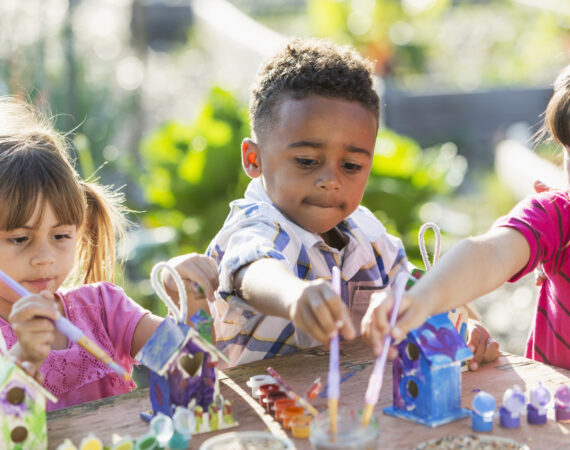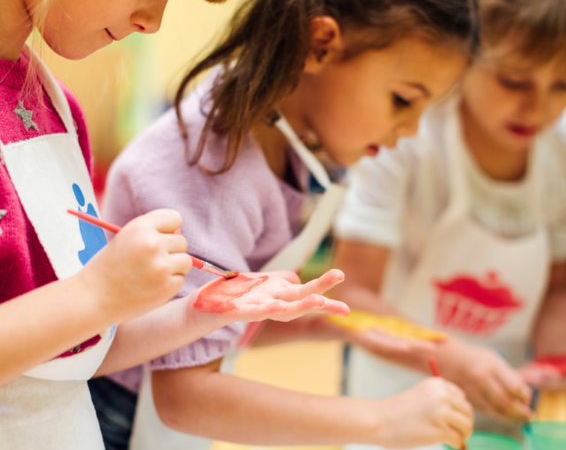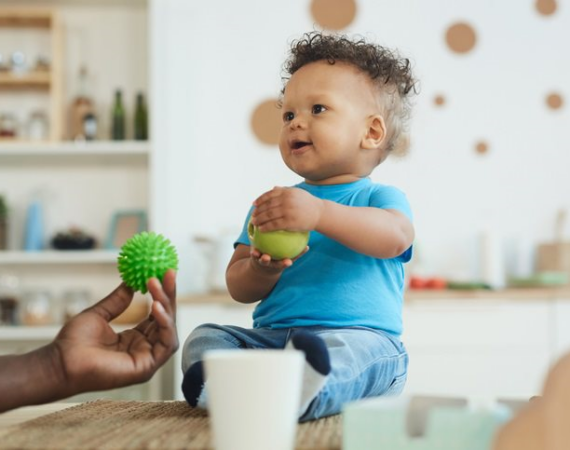Discover

Our Classrooms
The design of a class influences how comfortable students feel, how much they engage with their teacher, and how easily they can engage with one another. Our classrooms are designed for self-discovery. Classrooms are organized around Interest Learning Centers.

Art Center, Easel and Writing: Involvement with a rich variety of art materials instills confidence and pride. Through art, children use their creativity to plan, design and construct an idea. They experiment with form, line, movement, shapes and spatial relationships. They learn science and math skills as they manipulate materials.
Library: Gives a platform where they can support and facilitate children to make meaning while reading. It is important that from the very beginning, children are introduced to a variety of books to read. And there cannot be a better starting point for a school. Regular reading helps children to develop a love for reading, which is the best way to set them up for reading success.
Block: Children learn to take turns and share materials, develop new friendships, become self-reliant, increase attention span, cooperate with others, and develop self-esteem.— Kathleen Harris. Block play requires fine and gross motor skills. Blocks enhance children’s problem-solving abilities, mathematics skills, and language and literacy abilities. And constructing “creations” builds self-esteem and feelings of success.

Dramatic Play: Encourages children to put themselves in someone else’s shoes. They learn important social skills, such as empathy. Language development. Roleplay also helps children learn about their community, their surrounding environment, and a variety of careers.
Science/Discovery: Children develop vital life-skills such as problem-solving, communication and research. Science is one of the most important subjects a child can learn because of its relevance to our lives and its capacity to apply these vital life-skills to everyday activities.
Math and manipulative: Children hone their mathematical thinking skills. The effective use of manipulative can help students connect ideas and integrate their knowledge so that they gain a deep understanding of mathematical concepts.
